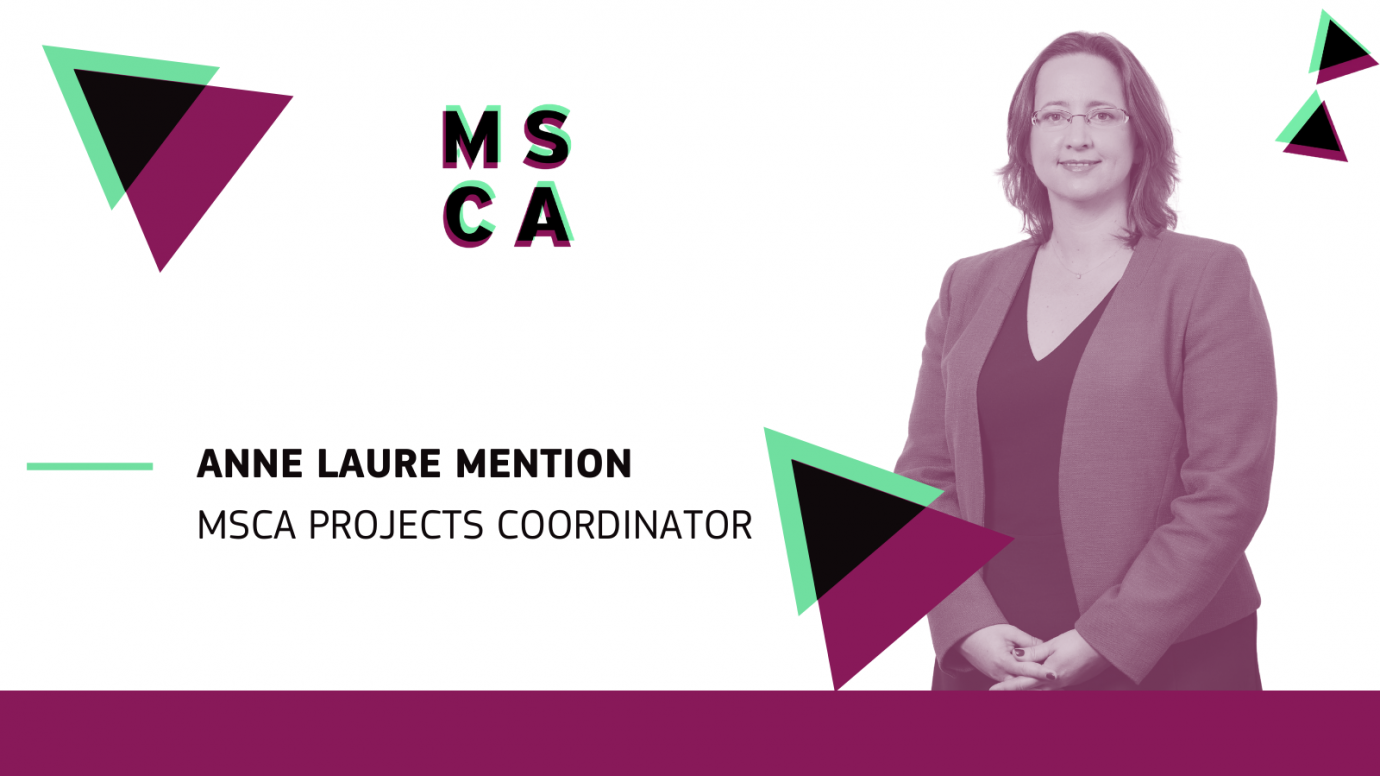Learn from experiences, positive and negative equally

Anne-Laure Mention
She is a full Professor (Electrical Engineer; PhD Economics and Management) and is the Director of the Global Business Innovation Enabling Capability Platform at RMIT University.
Visiting scholar
- Tampere University, Finland,
- Singapore University of Social Sciences
- INESC TEC, Portugal
She currently leads
- MSCA RISE project OpenInnoTrain
- MSCA ITN project EINST4INE
Awards
- Prestigious IBM Faculty Award twice for her research on innovation
Nurturing a strong support network is essential, as is the ability to permanently learn from experiences, positive and negative ones equally.
What prompted you to pursue a career as a researcher?
The very nature of research work itself (curiosity-driven, exploratory, conducive to societal change) has always attracted me. Being a researcher is an incredible privilege – it gives you the freedom to select your areas of interest and focus, it allows you to apprehend cutting-edge knowledge, to contribute to its development and to live your passion. I cannot think of a more rewarding job.
What are the achievements (both professional and personal) you are most proud of?
From a personal perspective, I consider myself a global citizen, and I feel proud and grateful to live accordingly. From a professional perspective, building research teams across continents, and bringing them to maturity is certainly among the most rewarding achievements. Getting international recognition for the open access, multidisciplinary Journal of Innovation Management, of which I am a co-founding editor, is another highlight.
What have been the biggest challenges during your professional experience, if any?
Being selective! As a T-shaped individual, I have a hard time closing doors to opportunities. Learning—still-in-progress! Having an engineering background as initial university training has shaped my mind towards primarily a logic/rationality-based processing of the world around me, which may occasionally be a challenge when dealing with understanding, appreciating and unpacking phenomena of societal, human and managerial nature. Being simultaneously cognizant of this lens and acknowledging its limitations, can also be a great strength.
How can the MSCA help in fostering female researchers’ careers and scientific development?
There is no “one-size-fits-all” and imposing blanket measures such as mandatory mentoring or placements might be counterproductive, controversial and lead to suboptimal results. On the other hand, offering the opportunity to benefit from such schemes (e.g. mentoring by senior female researchers, participating in placements and secondments in female-led research teams) could be rewarding for many. Broadly conveying positive and reinforcing messages for female researchers, along the lines of “success is within your reach as long as you believe it is” would also be instrumental in helping female researchers build their confidence.
How would you spark a girl’s interest in science? What advice would you give to young women wishing to embark on a career as a researcher?
Science fairs specifically designed for kids, interventions in schools, articles in teenagers’ magazines are all conventional yet very valid options to spark girls’ interest in science. More strongly banning female-gender stereotypes (e.g. inability to access high-status occupational roles, to achieve work-life balance) is another way forward. My advice to aspiring scientists would be to build their resilience and, even beyond, their antifragility, capabilities. Nurturing a strong support network is essential, as is the ability to permanently learn from experiences, positive and negative ones equally.
Further reading
- Learn more from OpenInnoTrain and EINST4INE’s website.
- Learn more from Anne-Laure’s website.
- View the Journal of Innovation Management.
- View Anne-Laure’s profile on ResearchGate.
- Follow Anne-Laure on Linkedin and Twitter.
Read more MSCA interviews
- Dr Kirsty MacLeod, MSCA Individual Fellow at Lund University working in the field of ecology and evolution within the MSCA project EGERNIALIZARDS.
- Eva Spišiaková, Lucia Fuchslueger and Marketa Schmidt Cernohorska, researchers of the MSCA project REWIRE – Reinforcing Women in Research.
- Anastasia Papangelou, Lorena Axinte, Angela Moriggi, Marta Nieto Romero and Kelli Rose Pearson, researchers of the MSCA project SUSPLACE.
Last updated:


